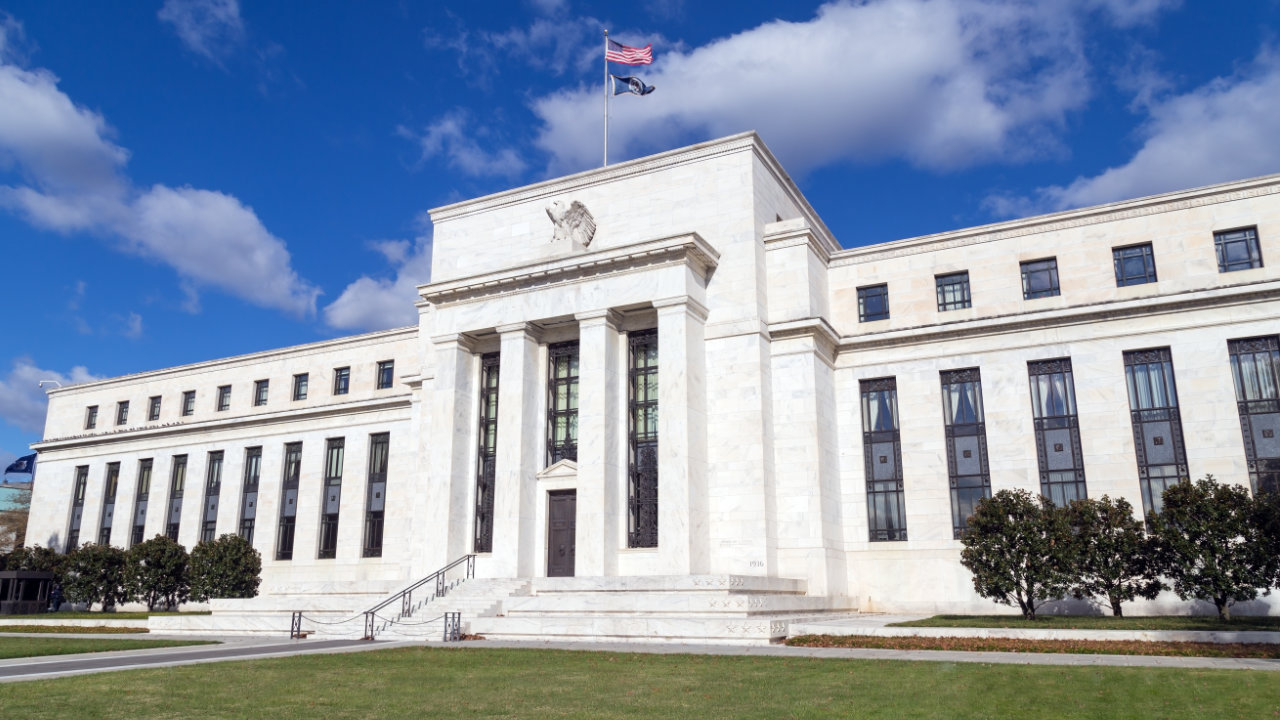
Federal Reserve Board Governor Christopher Waller says that stablecoins do not need to be regulated with all the same rules as banks. He does not agree with some of the recommendations on the regulation of stablecoins by the President’s Task Force on Financial Markets. He explained that while banks should be able to issue stablecoins, not all stablecoin issuers need to be banks.
Fed Waller Disagrees That Stablecoins Should Be Regulated With Full Banking Regulation
Federal Reserve Governor Christopher Waller spoke on stablecoin regulation on Wednesday at a virtual conference hosted by the Cleveland Fed.
While emphasizing that “The regulatory and supervisory framework for payment stablecoins should address the specific risks that these arrangements pose — directly, fully, and narrowly,” he noted:
This does not necessarily mean imposing all the banking rules, which are partly focused on lending, not payments.
Waller said that he disagrees with some of the recommendations made by the President’s Working Group on Financial Markets (PWG).
The PWG, in conjunction with the Office of the Comptroller of the Currency (OCC) and the Federal Deposit Insurance Corporation (FDIC), released a report on stablecoins on November 1. The report calls for the imposition of bank-like regulation on stablecoins with a sense of urgency.
Waller explained that he agrees that banks can issue stablecoins, but disagrees that only banks should be allowed to issue them.
Waller also commented on central bank digital currencies (CBDCs), which the Federal Reserve is exploring with an aim to release a report on a digital dollar in the near future.
The Fed governor said he was still skeptical about the need for a CBDC, arguing that the Fed should not create a CBDC in an effort to reduce payment costs. He also noted that there is already “real and rapid innovation” in the payments space.
He explained in October that a digital dollar would put the Fed in direct competition with commercial banks, wondering if that would be a good idea. “I remain skeptical that a Federal Reserve CBDC would solve any major problem confronting the U.S. payment system,” he opined.


















